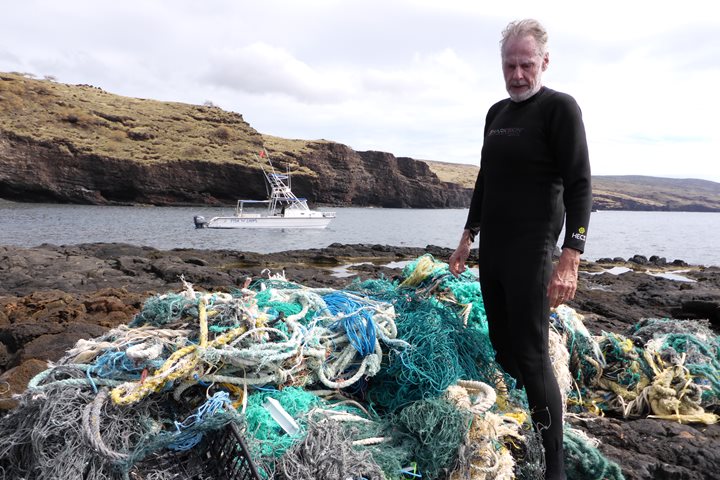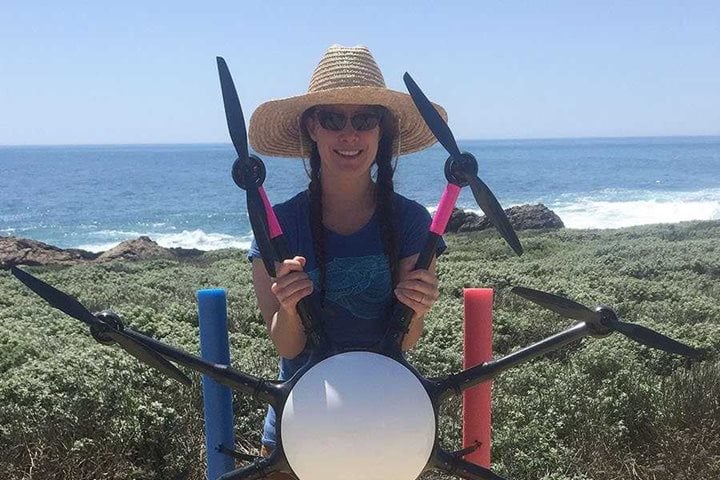Call +1.800.397.3348 or contact your travel advisor
Founder of the record label Cumbancha and host of the public TV music and travel series Music Voyager, Jacob Edgar travels the globe in search of exceptional artists. And since 2012 he has been curating exclusive musical experiences for many of our expeditions — from a stirring unplugged performance in Scotland’s Iona Abbey to a rousing brass band that greeted guests on the shores of Ganvie, the Venice of Africa. Below, Jacob talks all things music. Get Inspired By Photos, Videos, Webinars, Stories, And Exclusive Offers. Sign Up
How did you get involved in the field of ethnomusicology?
I was raised in an artistic family and have been playing a range of instruments since I was young. My parents were hippies and they had a very eclectic record collection, so I was exposed to African music, jazz, reggae, funk, flamenco, and much more. Wherever I traveled, music was the tool I used to meet people, to connect with new friends and to learn about the places I was visiting.
But it wasn’t until my sophomore year at Oberlin College that I first heard about the field of ethnomusicology, and once I did, it was immediately clear that’s what I was going to do with my life. After graduating, I received a Mellon Fellowship in the Humanities to purse graduate studies at UCLA, which is home to the largest, most prestigious ethnomusicology department in the world. Since then I’ve lived a rich, exciting life pursuing my passion for music and culture.
What’s your criteria when selecting musicians and performances for Lindblad expeditions?
I believe it is essential to work with artists that will be accessible and entertaining for people who might be unfamiliar with local music traditions, but who also reflect the unique identity and expressions of the places we are visiting. I want artists that sing predominantly in their local languages, that use local instrumentation and music styles and ideally ones who can talk about their music, its background and its deeper significance. The caliber of the artist is also very important to me. I am looking for world-class artists, ones who are well-known and respected locally and who have often toured internationally.
And I try whenever possible to do performances off the ship in special locations—deserted tropical beaches, historic churches, on Zodiacs floating in ocean caves…all actual settings we have used for musical events. A big part of music is contextual, and even music you might not want to listen to on a recording can sound amazing when it is in the right setting.
Jacob with some of the parishioners from the church on Ra’iātea.
If you had to pick a favorite performance from a Lindblad voyage, which would it be?
We have had so many memorable moments, so it’s very hard to pick just one. But for me, it would have to be one that took place on a 2018 journey to French Polynesia aboard National Geographic Orion. In a small village on Ra’iātea, I arranged a performance with a local Tahitian church choir. I asked their pastor to specifically sing the old-style songs in the Tahitian language, which they don’t often perform anymore, and he was very surprised that I knew about them.
Upon our arrival, we found all the parishioners waiting for us in the church dressed in their finest Sunday clothes. They began to sing traditional polyphonic Tahitian choir music, which uses unique and incredibly soul-stirring harmonies and vocalizations. It resonated through the high ceilings of the cathedral, carrying with it echoes of a pre-Christian culture that had long been lost to the past, yet which lived on almost subversively in the music of a Protestant church. Instantly, all our guests had tears streaming down their faces, as did I. It was one of the most beautiful sounds any of us had ever heard.
The entire community had greeted us so warmly, and even though many groups of tourists had come to the area in the past, we were the very first to ask them to present their music. As we headed back to the ship in Zodiacs, we could see the villagers waving at us from the shore as a fantastic sunset lit up the lush tropical island mountains behind the church in golden hues. It was a truly magical moment in a fantastically beautiful setting that I will remember all my life.
You’ve been curating an exciting lineup for our Iceland voyages next year. What can travelers expect?
For our trips to Iceland, I have focused on young Icelandic singers and songwriters who are incorporating their rich folk traditions into new, hip contexts. Icelandic music is full of haunting melodies and harmonies that seem to capture the mood of cold winds blowing across harsh, volcanic landscapes and the glistening magic of northern lights. These are songs born from the ancient sagas and folk tales of witches, goblins and elves that roam the countryside. Music, like wine, has a “terroir," an innate quality that reflects the environment in which it was cultivated. The music will fill your soul with a sense of place.
Icelandic musicians gave an intimate private performance in the old fish factory freezer on the remote island of Flatey.
What global artists are currently on your radar?
I spend a few hours every day just scouring through songs from around the planet and seeking out the gems to include on Putumayo collections or to sign for my record label Cumbancha. So, it’s nearly impossible for me to single out just a few. But every year I create a best world music of the year Spotify playlist, which features a range of artists who put out some exceptional new music. You can listen to it here.
Learn more about Jacob and find out where and when you can travel with him next.


